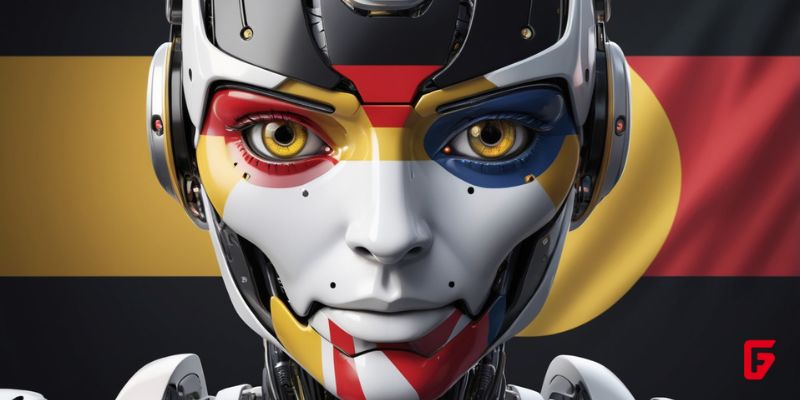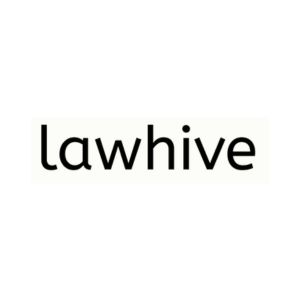Startups & Business News
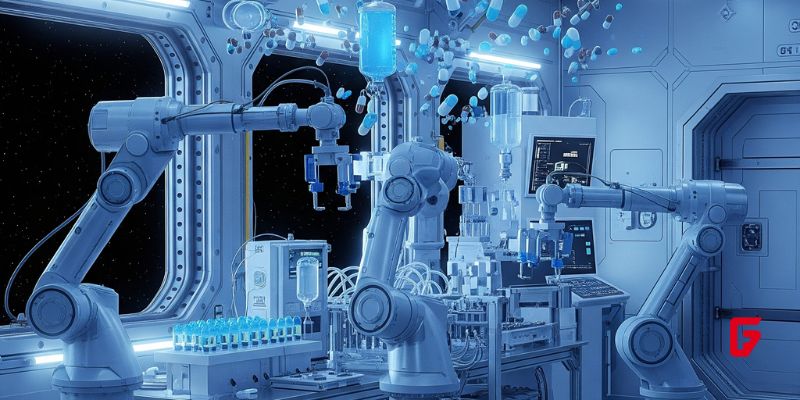
The landscape of space manufacturing is rapidly evolving, and few companies are pushing the boundaries quite like Varda Space Industries. In a recent interview, Varda’s CEO Will Bruey and co-founder Delian Asparouhov offered a rare glimpse into their ambitious plans following a major Series C funding round. Their mission? To revolutionize pharmaceutical manufacturing in low Earth orbit—and, in the process, reshape how we think about both medicine and aerospace technology.
“Microgravity allows us to create new drug formulations that otherwise would be impossible to create on Earth. That’s the whole purpose of Varda.” — Will Bruey
Why Space? The Science Behind Microgravity Manufacturing
At the heart of Varda’s strategy is the unique environment of microgravity. On Earth, gravity limits the ways molecules can interact, often restricting the complexity or purity of pharmaceutical compounds. In orbit, however, microgravity enables the creation of medicines with properties and effectiveness that simply can’t be replicated on the ground. This opens the door to entirely new classes of drugs—a game-changer for biotech and healthcare.
Building the Pipeline: From Lab to Orbit and Back
With fresh capital, Varda is expanding its biologics lab to prepare and vet drug formulations before sending them to space. The company is moving away from relying on third-party launch providers and is now internalizing its manufacturing and launch cadence. This shift means:
More frequent launches: Varda plans to quadruple its flight rate next year, with ambitions to double that cadence annually.
Full control over the supply chain: Owning more of the process allows for greater flexibility and innovation in biopharmaceutical production.
Lower costs and higher reliability: Operating smaller, non-human-rated reentry vehicles keeps costs down and increases mission frequency.
The Reentry Challenge: Bringing Space-Made Drugs Home
One of the most technically demanding aspects of Varda’s operation is returning payloads from orbit. Their spacecraft reenters Earth’s atmosphere at Mach 25—about 25 times the speed of sound—creating a spectacular plasma trail as it streaks across the sky. This high-speed reentry is not just a spectacle; it’s a crucial phase for safely delivering space-manufactured pharmaceuticals back to Earth.
Dual-Use Technology: Defense and Beyond
Varda’s technology isn’t just about medicine. The U.S. Department of Defense and other government agencies are keenly interested in the company’s capabilities. Varda’s reentry vehicles function as hypersonic wind tunnels, allowing the military to test new materials, sensors, and navigation systems under extreme conditions—faster and more affordably than traditional methods. This helps the U.S. keep pace with, and potentially surpass, near-peer competitors in hypersonic technology.
The Real Competition: Cadence, Not Just Cost
Unlike larger players such as SpaceX or Boeing, Varda’s vehicles are smaller, higher cadence, and not designed for human passengers. This makes them uniquely suited for frequent, cost-effective missions focused on manufacturing and research, rather than transporting astronauts. The main challenge ahead? Scaling up launch frequency to meet the growing demand from the pharmaceutical industry, which cares less about the journey and more about the quality and novelty of the drugs delivered.
Infrastructure Enables Innovation
Varda’s rise is made possible by advances in reusable rocket technology, notably SpaceX’s Falcon 9. The availability of regular, affordable launches has created a new infrastructure layer—much like the mobile app store did for Uber and Airbnb—enabling entirely new business models in space.
Looking Ahead: Who Benefits?
In the long term, pharmaceutical companies stand to gain the most from Varda’s innovations, integrating space-manufactured drugs into the global supply chain. Meanwhile, the defense sector benefits from rapid, real-world testing of next-generation aerospace technologies. With its fleet of small, high-frequency reentry vehicles, Varda is poised to serve both markets as a critical infrastructure provider for the new space economy.

futureTEKnow
Editorial Team
futureTEKnow is a leading source for Technology, Startups, and Business News, spotlighting the most innovative companies and breakthrough trends in emerging tech sectors like Artificial Intelligence (AI), Robotics, and the Space Industry.
Discover the companies and startups shaping tomorrow — explore the future of technology today.
Trending Companies
Latest Articles

Foodforecast Raises €8M Series A to Slash Ultra-Fresh Food Waste with AI
Foodforecast, a Cologne AI foodtech firm, just scored €8M in Series A funding led by SHIFT Invest. Their tools predict

AI-Driven Operational Excellence: How Leaders Scale Ownership, Discipline, and Continuous Improvement in 2026
In 2026, AI scales operational excellence fundamentals—clear ownership, disciplined execution, and continuous improvement—letting leaders focus on outcomes while systems handle

VoiceLine raises €10M to scale voice AI for enterprise frontline teams
Munich-based VoiceLine has closed a €10M Series A round to grow its voice AI platform for frontline sales and service

AI-Driven Logistics & Distribution Transformation: From Insight to Scalable Impact
AI is redefining logistics transformation—from network design to real-time execution. This article explores how data-driven insight, intelligent automation, and scalable
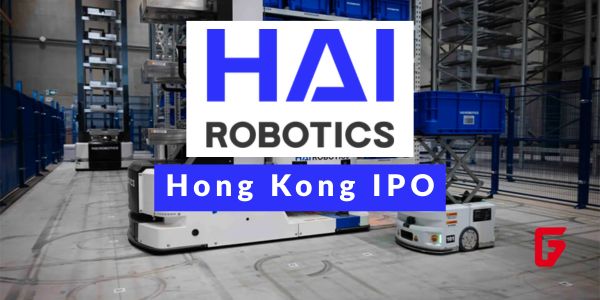
Hai Robotics Hong Kong IPO: From Startup Funding to Warehouse Robot Leader
Shenzhen’s Hai Robotics, pioneer in ACR warehouse robots, files for HK IPO after raising over $500M in funding rounds led

AI-Enabled Process Engineering & Continuous Improvement: Designing Systems That Learn
Explore how AI transforms process engineering and continuous improvement into self-learning systems. This article explains how organizations can design operations
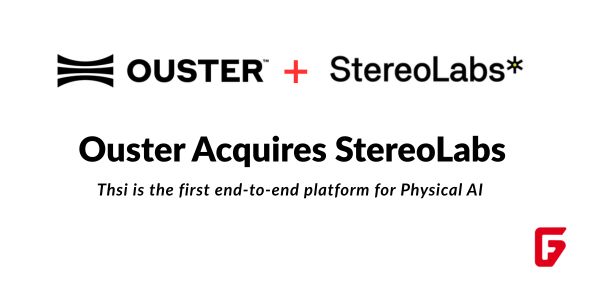
Ouster Acquires StereoLabs: Unified Physical AI Sensing Platform Launches
Ouster’s $35M StereoLabs acquisition fuses lidar and ZED cameras into end-to-end Physical AI sensing. Founders Cecile Schmollgruber and team drive
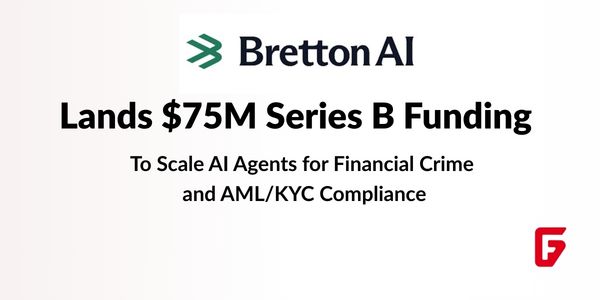
Bretton AI Lands $75M Series B Funding to Scale AI Agents for Financial Crime and AML/KYC Compliance
Bretton AI’s $75M Series B modernizes AML KYC compliance via AI agents, slashing staffing costs for banks and fintechs like
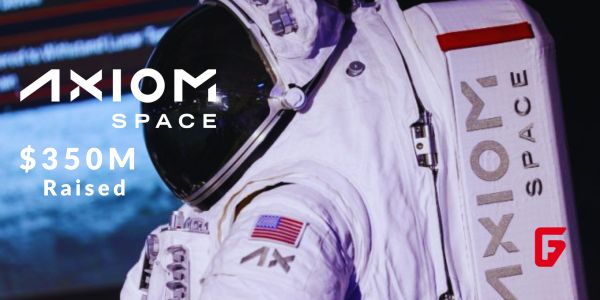
Axiom Space Raises $350M to Build Commercial Space Station and NASA Spacesuits
Axiom Space has locked in a fresh $350M raise to push its commercial space station and NASA lunar spacesuits toward
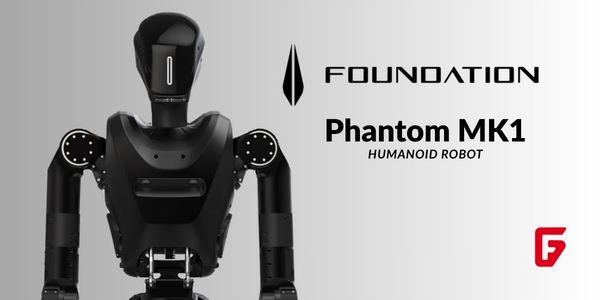
Foundation Humanoid Robot: Phantom MK1 Overview, Military Plans, and Factory Deployments
Foundation’s Phantom MK1 humanoid robot hits factories and eyes military use. Check specs, pilots, and bold 50k goal by 2027.

Lawhive Raises $60M Series B To Take Its AI-Powered Law Firm Model Across The US
Lawhive has secured a $60M Series B round to scale its AI-native law firm model across the US, promising faster,
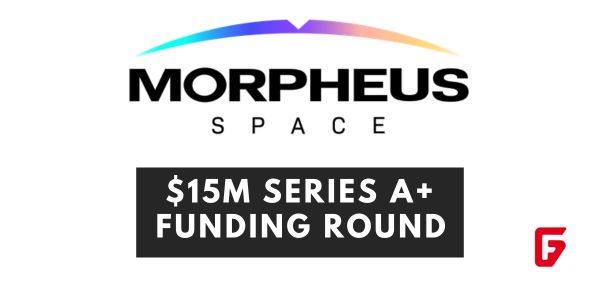
Morpheus Space Raises $15M for GO-2 Electric Propulsion Mass Production
Morpheus Space secures $15M funding for GO-2 electric propulsion mass production. Learn how this boosts satellite mobility with efficient thrusters.
futureTEKnow is focused on identifying and promoting creators, disruptors and innovators, and serving as a vital resource for those interested in the latest advancements in technology.
© 2026 All Rights Reserved.
![Discover the top 10 AI companies in Germany [1st Edition], revolutionizing industries with cutting-edge technology and innovations.](https://futureteknow.com/wp-content/uploads/2025/02/Top-10-AI-Companies-in-Germany-Leading-the-Tech-Revolution-futureTEKnow.jpg)
